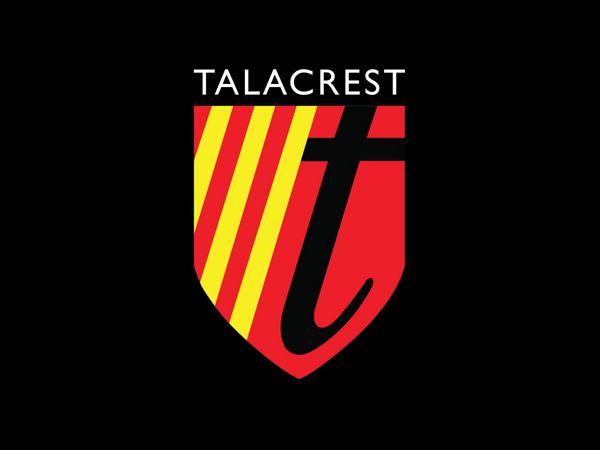One of the most historically significant De Tomaso Pantera GT5-Ss extant
• The first of just three GT5-S Models delivered new to Carroll Shelby
• Authenticated by Carroll Shelby’s signature, factory documents, certificate of origin, and various correspondence
• Documented comprehensive restoration in 2021
• 1 of only 187 produced and 1 of just 40 examples built for the U.S. market
• An important piece of De Tomaso, Shelby, and Dodge Viper history
• One of the most historically significant De Tomaso Pantera GT5-Ss extant
1986 De Tomaso Pantera GT5-S
In the long-storied history of the automobile, many of its greatest creators, designers, and founders of the famed companies have had books, movies, and documentaries made about them. Men like E.L. Cord of the Auburn Automobile Company, designer Harley Earl, and Enzo Ferrari to name just a few. Perhaps no name is mentioned more than Carroll Shelby, a man who was destined to go fast, and everything he touched turned into pure "race-bred gold". The creator of the feared Shelby Cobra, the man behind the idea for the Le Mans-winning Ford GT40, and of course the Shelby-branded Fords, Carroll needs no further introduction.
A man who has not had as much attention, but still played a vital role in the development of the automotive landscape, is former Argentine racer, Alejandro de Tomaso. In 1967, De Tomaso debuted the Ford V-8-powered Mangusta (Mongoose), a mid-engine racer for the street to rival the Cobra. In 1970, Ford saw an opportunity to add an exotic sports car brand under its name and not only acquired De Tomaso, but also two of Italy’s finest coachbuilding firms - Ghia and Vignale.
Now backed by Ford, the Pantera, an all-new model would be debuted in Modena Italy in March 1970. As time went on, new variants were introduced like the GT5 in 1980, and the pinnacle of the model, the GT5-S in 1985 for the 1986 model year. Noted as being rivals, this special Pantera GT5-S brings together the legendary names of De Tomaso and Shelby, creating a whole new automotive story that is rarely told today.





















